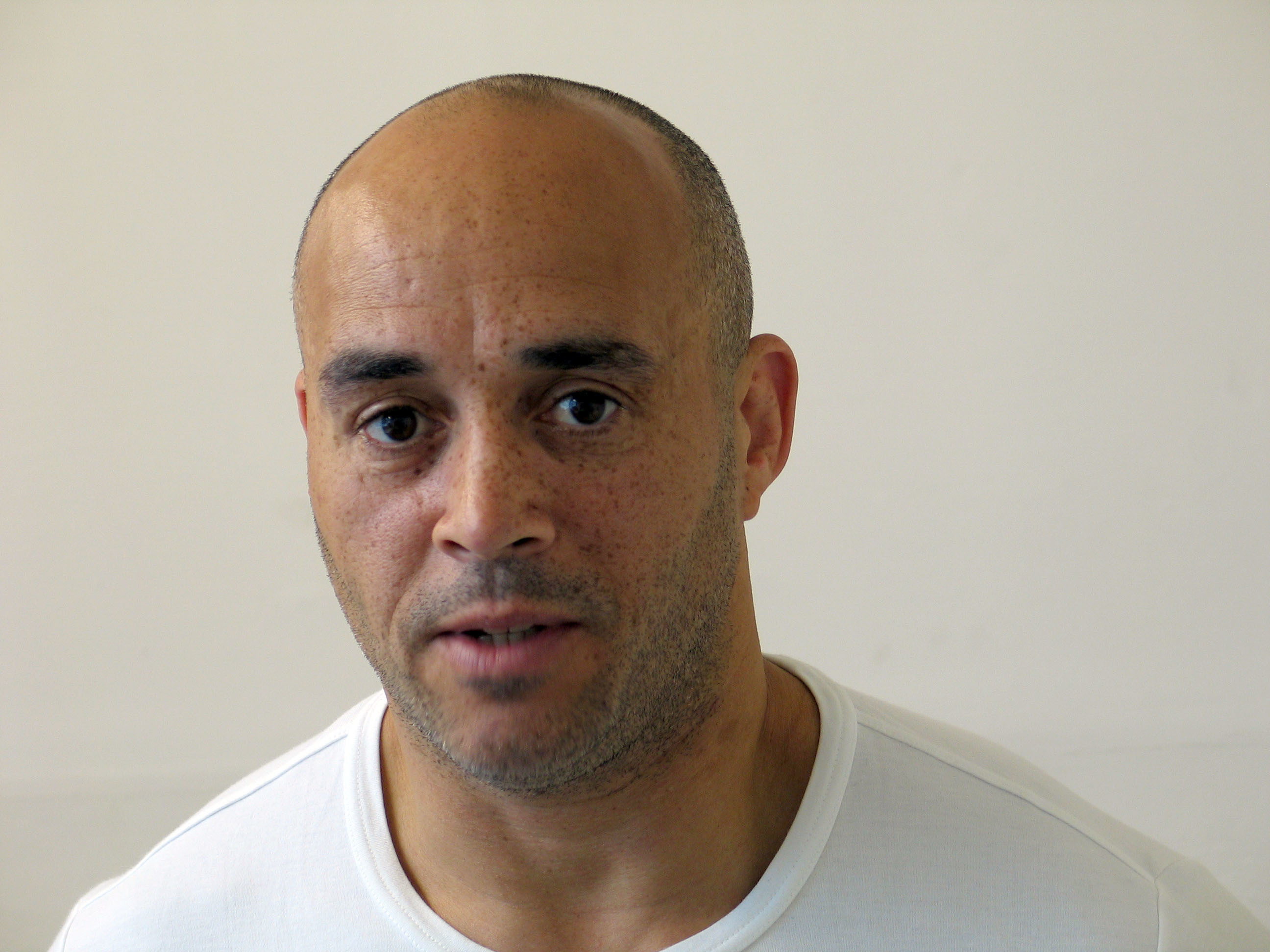The Liverpool-born gangster, now aged 58, was locked up for 13 years by the Royal Court in 2009 following an attempt to execute what at the time would have been Jersey’s biggest drugs importation.
Five other men were jailed for between five and 12 years for their part in the enterprise.
Warren began planning the smuggling operation days after being released from prison in Holland for leading an international narcotics trafficking group.
In 2013 he was ordered to spend a further ten years behind bars after refusing to pay a £198 million confiscation order.
Warren, who is still serving his sentence in the UK, has now been included on the latest official ancillary orders register published by the National Crime Agency.
It is not known when he is due to be released.

The public register details the restrictions imposed by courts following convictions arising from NCA investigations.
If any of the individuals break their conditions they can be sent back to prison.
Warren, who made such a fortune through criminal activity that he was once featured on the Sunday Times Rich List, will be subject to various orders restricting his movement and activities.
The orders include restrictions on:
- Travel outside England and Wales
- Access to communication devices and the internet
- His ability to borrow money, make transfers, hold trusts or shares, and use foreign or virtual currency
- Holding assets or property valued at more than £1,000
- And being involved in commercial imports and exports.

Alison Abbott, head of lifetime management at the NCA, said: ‘Many career criminals regard prison as an interruption which rarely marks the end of their involvement in organised crime. This is why the NCA has a policy of lifetime management.
‘Through the NCA’s Lifetime Management programme we use serious-crime prevention orders, travel restriction orders and financial reporting orders, as an extra layer of prevention.
‘They ensure we firmly have these individuals on our radar, especially after prison, and anything that suggests that they’re slipping into old ways can be detected early on.’






